HBO's 'Swiped' Argues That Silicon Valley Must Fix the Dating Mess It Created
Nancy Jo Sales' new HBO documentary shows the downsides of convenient dating.
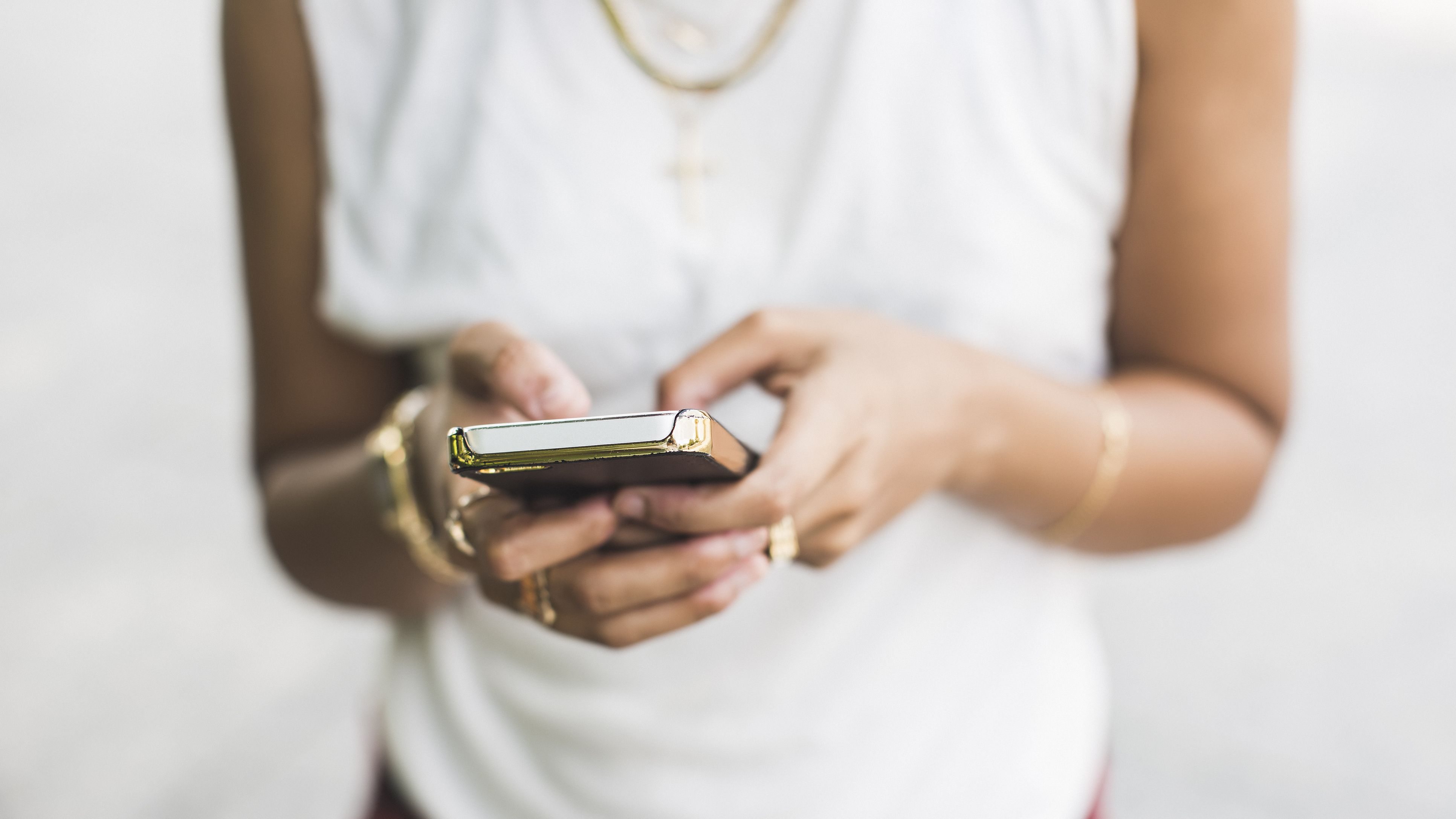
Strong opinions about dating apps fall close to one of two poles: Either these apps are a revolutionary way for people to meet that should be applauded and emulated, or they’re creating a hookup culture we’ll never be able to come back from. Both of these arguments are flawed—the first for being Pollyannaish, the second for being pearl-clutching—but the new HBO documentary Swiped, directed by the journalist Nancy Jo Sales and premiering Monday night, isn’t particularly interested in answering for either of them. Instead, it tries to figure out, after a few illuminating but often superfluous-feeling detours, which aspects of dating in 2018 we may have overlooked.
Namely: Is the way we date now just furthering a culture of sexual harassment and assault toward women? And if it is, whose responsibility is it to fix that?
Of course, when it comes to asking big questions about modern dating, this is not Sales’ first rodeo. Her 2015 Vanity Fair article—“Tinder and the Dawn of the ‘Dating Apocalypse’”—went viral, and not always because people agreed with her. (Tinder famously sent out a 30-tweet response in which the app seemed to protest a bit too much about signaling the end of dating.)
But Sales, with whom I spoke a few days before the documentary premiered, says now that her thesis got lost in the furor. “Throughout this controversy, what struck me the most is that what people really seemed to want to talk about was the effect [dating apps have] on women,” she says. “And that was really the central issue for me, how this was leading to a lot of sexual harassment.”
Sales' first outing as a director explores primarily heterosexual dating (though there is a part about Grindr and the pros and cons of dating apps when you’re a member of the LGBTQ+ community), exploring a laundry list of its characteristics and ills. It moves from interviews with young people at parties about their swiping habits to how specific relationships formed via app dating to how dating app culture negatively impacts monogamy. But while I initially feared Swiped would be a referendum on sex in general disguised as a “just asking questions” documentary on dating apps, its most lasting message was sort of about corporate responsibility. As in: Do the corporations who get us onto dating apps have a responsibility to make them safe and conducive to healthy relationships? Sales argues that they do.
At first, Swiped comes in with the fairly easy-to-argue standpoint that, yes, dating apps lead to a hookup culture in which women are objectified, which is both stressful, unhealthy, and kind of humiliating. But it gets really interesting when it starts to talk about who should have to find the solutions here, eventually zeroing in on two arguments—which Sales uses to make one very good point.
The first: That modern, app-based dating is essentially a capitalistic enterprise, which is one of those things you already know, even if you don’t ever think about it. This point is initially presented by Moira Weigel, a Harvard dating historian and author of Labors of Love: The Invention of Dating, who explains that: “[Dating app use] is this application of the logic of consumer capitalism to private life, and the way that romantic and sexual desire is used almost as a lure to get you to keep consuming. Maybe we don’t think of it as part of the economy because a lot of these apps are free...you are providing valuable data [to] whatever company owns the app in question.”
Get exclusive access to fashion and beauty trends, hot-off-the-press celebrity news, and more.
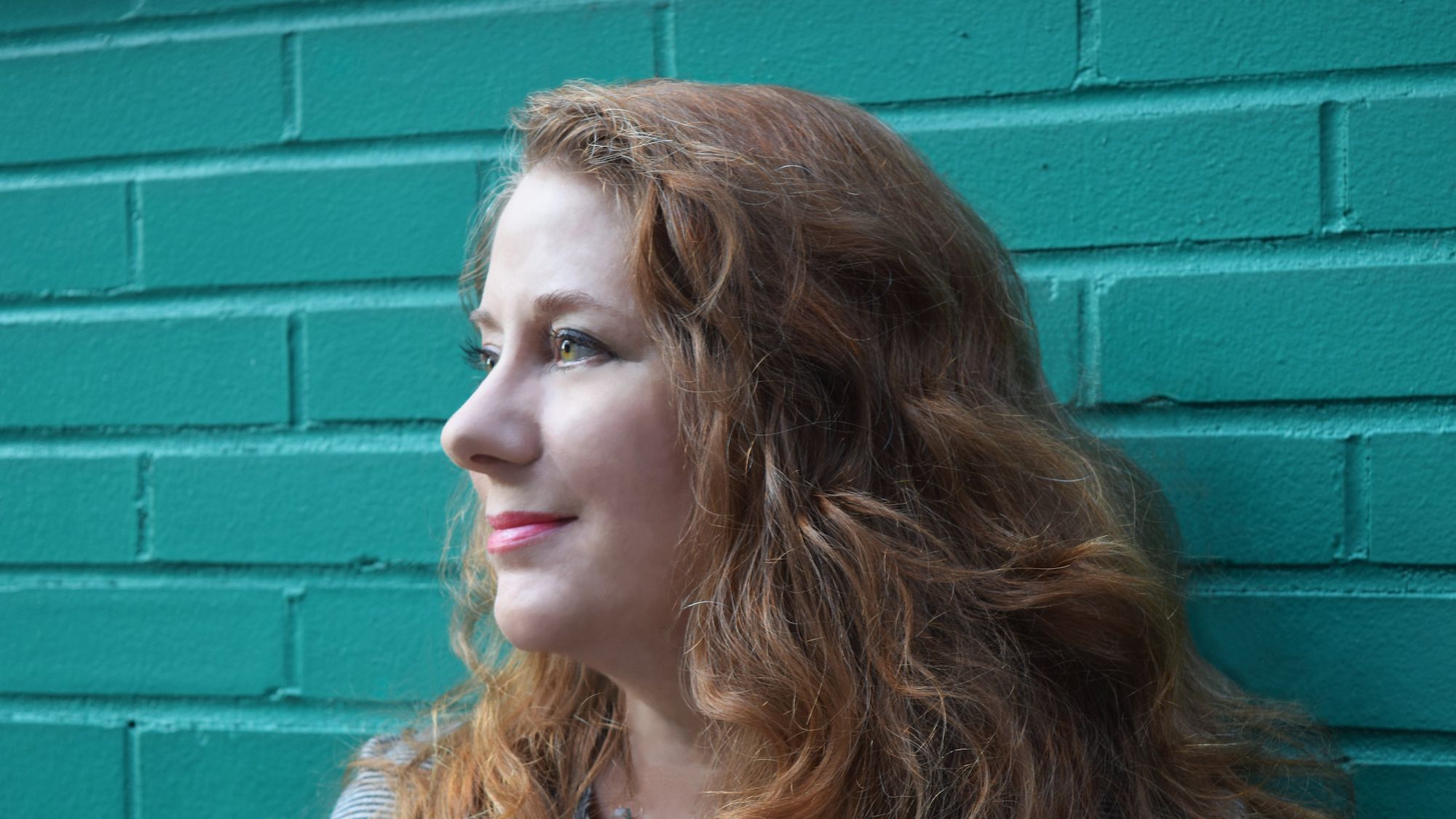
Nancy Jo Sales
There’s an old internet-ism that says, “If you’re not paying for it, you’re the product.” Usually, it pertains to the data you end up providing (whether you know it or not) to the company that owns the product you're using, but dating apps work slightly differently. “One of the corporate models of this whole things seems to be—and this is also discussed in the film—how they start out as free,” Sales tells me. “But then once you’re swiping, once you get addicted, the start charging for different features.” And it is addictive: There’s science (presented in the documentary and elsewhere) that getting “matched” on a dating app sends a small dopamine rush to your brain that makes you want to keep returning, similar to how addictive drugs work.
Viewed in one light, dating apps look like a brilliant mousetrap.
Sales uses Tinder as an example of the way apps profit off this need to return to them. “Tinder went to the number one spot on the App Store when it introduced Tinder Gold, which is $4.99 a month,” she says. “Tinder Plus, which is the full package, is $9.99 a month for people who are under 30, and $19.99 a month for people who are 30 and over.” Troubling age politics of that model aside, Sales says that Tinder claims not to mine users’ personal data, but since the app is so young there's a chance they might start in the future. Apps like Tinder have gotten you addicted, and can now get you to pay money to access all the app’s features in the hope that you will actually meet the person you want to date, sleep with, marry, and so on. In that light, dating apps look like a brilliant mousetrap.
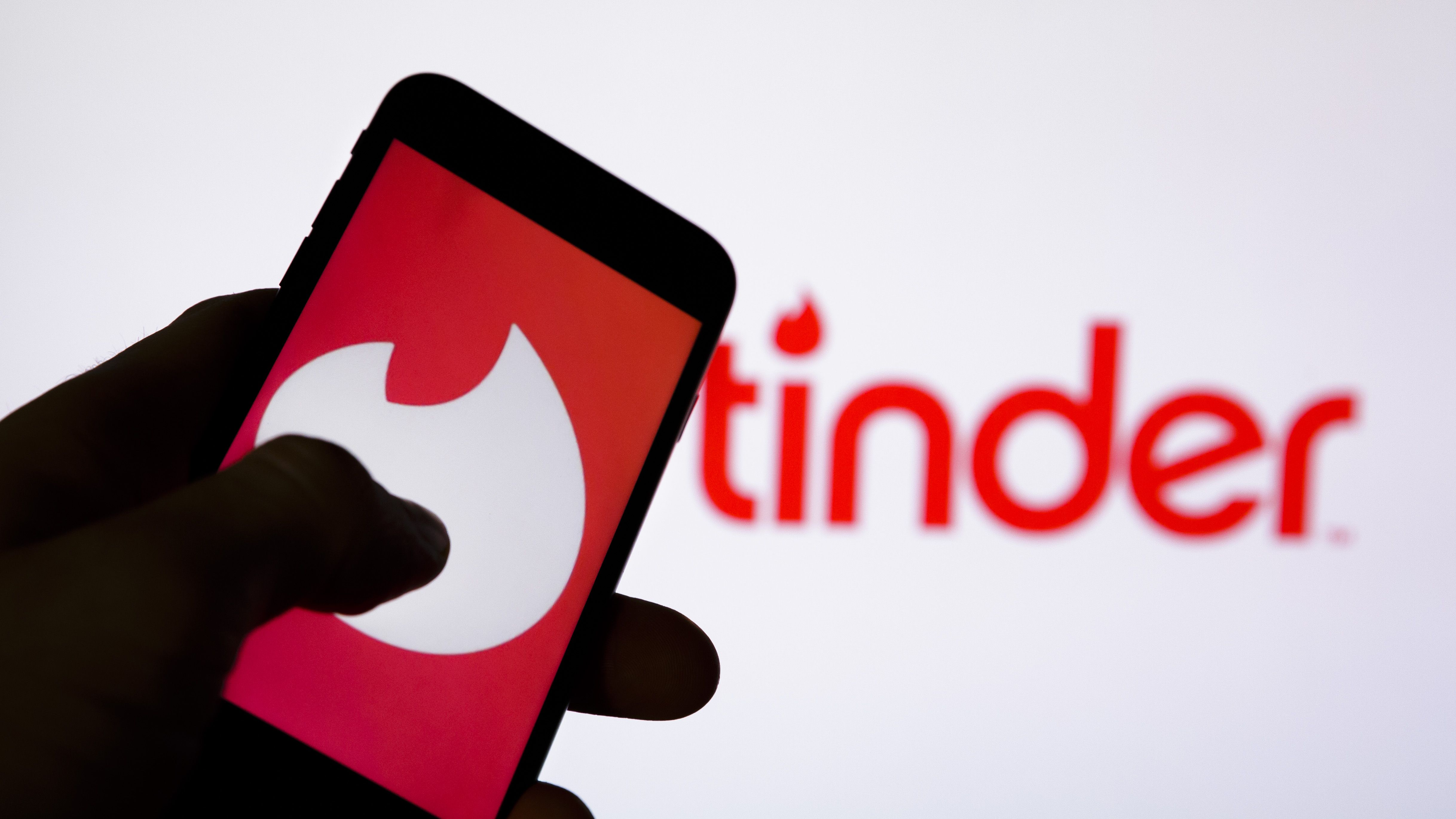
The second point from Swiped that rings true—and it’s tied into the conversation about capitalism—is that women put an inordinate amount of work into the mechanics of dating, relative to men. That imbalance is a theme that runs throughout the documentary, from conversations of “Clark Kent Syndrome” (in which otherwise mild-mannered dudes transform into dick pic-sending jerks through the magic of the internet) to the ways in which appearing sexy but not slutty, attainable but not needy, smart but not condescending (and on and on) ends up making dating a 24 hour-a-day job for women—with a steep emotional toll.
Most prescient is when the head of the dating app Hinge explains that studies showed how heterosexual women typically sign onto dating apps because they want a relationship, whereas heterosexual men typically want a hookup. Given that data, Sales suggests, dating apps seems uniquely geared toward men’s desire, since the automatic subtext on a match on, say, Tinder, is “I am sexually attracted to you." Anything more than that has to be specifically talked about by the matchees—an intimidating prospect when the person you're into can move onto another match in less than a second. (There are plenty of caveats to this, as Sales points out. After all, not all women want relationships and not all men want casual sex.) It also doesn’t help that most of the Silicon Valley wunderkind who invented these apps are youngish men.
But even steps to repair this divide aren’t particularly useful, according to Swiped. In one scene, Bumble founder Whitney Wolfe Herd explains that she started her app after working at the male-dominated Tinder HQ, with the goal of giving power back to women’s voices on dating apps. That shift is evident, she says, in the way Bumble has women make the first move when a match happens so they don’t get inundated with horny men.
But this scene cuts to dating historian Zoe Strimpel explaining that, actually, Bumble just makes it so that men don’t even have to type out a three-word message to talk to women—they can just wait for women to come to them. “It’s just codifying [that] women have to do more work,” she says.
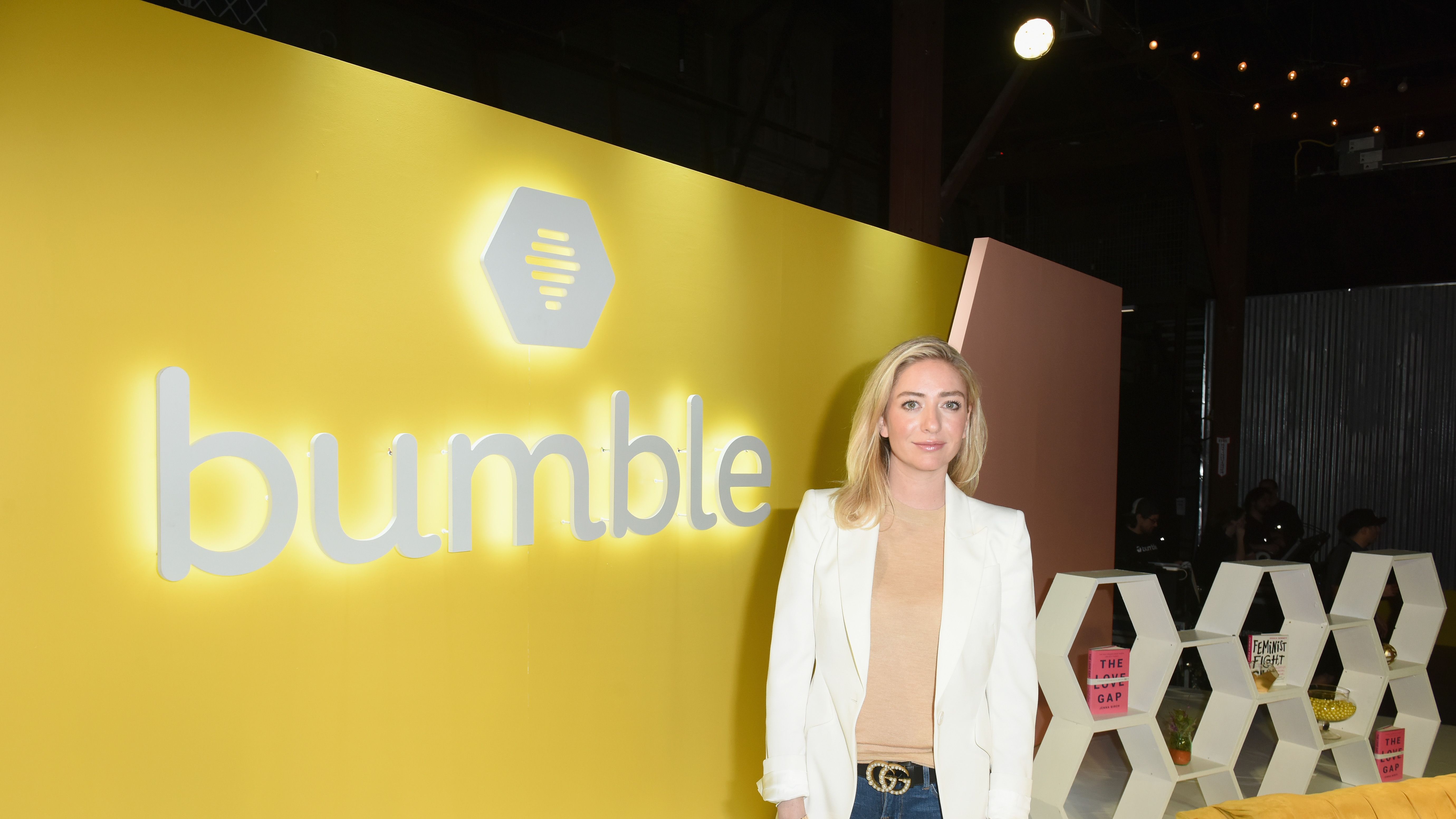
Whitney Wolfe Herd, founder of Bumble
“She talked about how Bumble is great because it flatters men,” Sales tells me of Wolfe Herd's interview in the documentary. “She said you replace rejection with flattery, as if that’s what women have to do in order to reduce the aggressive, reactive nature of men being rejected—to flatter them by reaching out to them. To think that is up to us, as women, to flatter men in order to get them to respect us.”
So, if dating app culture—and thereby, at least in some ways, modern dating writ large—is just a business that uses love and sex as a lure to get more customers, often to the detriment of women’s emotional well-being, the natural next step would be making dating apps a more hospitable place for women so they can continue to be customers. Right?
"Technology not only changes culture, but it drives culture."
Well, Sales gets to that, and even asks the CEO of Match Group (which runs Match.com, Tinder, and OKCupid, among others) what the company is doing to make dating better for women. That executive, Mandy Ginsberg—the company’s first female CEO—initially says that her responsibility as a woman in the role, especially in the wake of #MeToo, means that she wants the company to prioritize women’s voices. But when pressed by Sales about what that actually looks like in dating app form, Ginsberg’s answer is unsatisfying. She points to how apps will offer safety tips to women users, then offers nonspecific advice about not drinking too much or getting into strangers’ cars as an example, ultimately putting the impetus for safety back onto women.
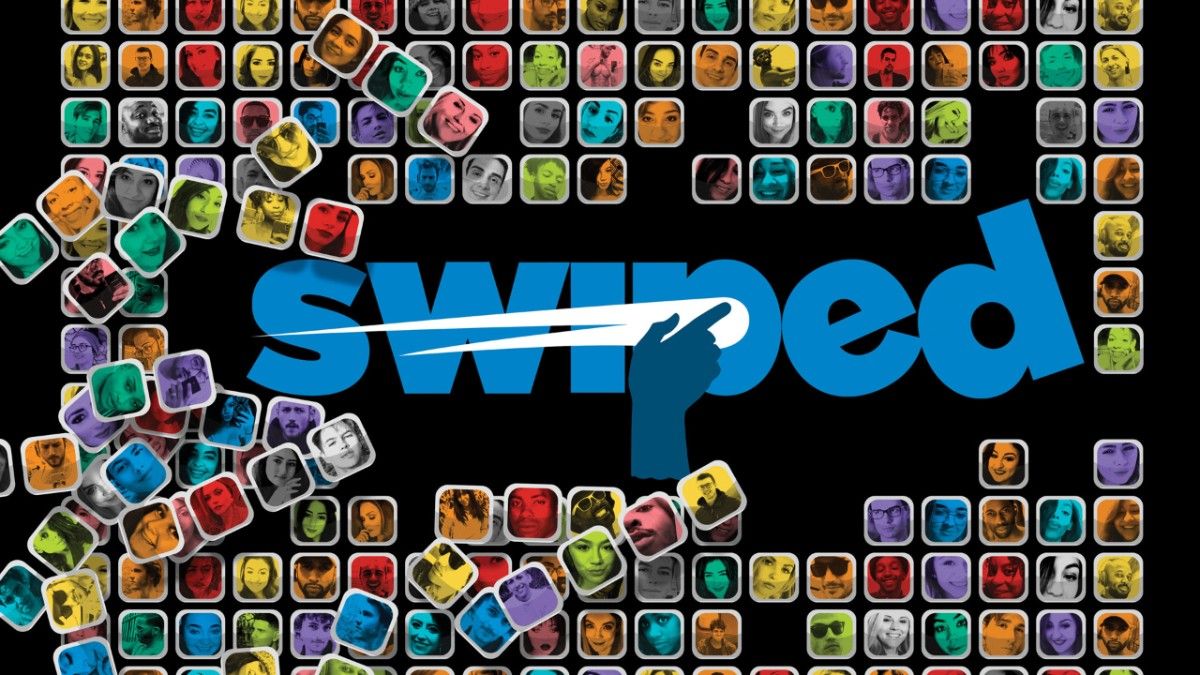
“I thought it was a bit slut-shaming,” Sales says of Ginsberg’s response. “We had a very heated back and forth about whether or not technology actually changes culture. Because the dating apps like to say, ‘Oh, this is just like walking into a bar.’ But that’s just absolutely not true. Technology not only changes culture but it drives culture.” (For Match's part, the company launched the Match Group Advisory Council, a group that will meet four times a year and devise strategies for improving safety on the apps.)
And that’s the point of Swiped, in the end. “There’s a corporate responsibility that’s not being met,” Sales tells me. “They don’t want to address the ways that this has changed culture and perhaps has had harmful effects on people, particularly women.”
The actual trappings of that culture change—the need to handle men’s feelings, the objectification of women, the unequal amount of work—are nothing new, but they are getting worse, and becoming more normalized thanks to their corporate backers.
How those fixes we’re owed will happen, and what they’ll actually look like, is never answered here. But maybe it’s not users’ responsibility to figure them out. After all, Silicon Valley got us into this mess. Perhaps they should figure out how to get us out.
Swiped premieres on HBO Monday, September 10 at 10pm.
This story has been updated to include information on the Match Group Advisory Council.
Cady has been a writer and editor in Brooklyn for about 10 years. While her earlier career focused primarily on culture and music, her stories—both those she edited and those she wrote—over the last few years have tended to focus on environmentalism, reproductive rights, and feminist issues. She primarily contributes as a freelancer journalist on these subjects while pursuing her degrees. She held staff positions working in both print and online media, at Rolling Stone and Newsweek, and continued this work as a senior editor, first at Glamour until 2018, and then at Marie Claire magazine. She received her Master's in Environmental Conservation Education at New York University in 2021, and is now working toward her JF and Environmental Law Certificate at Elisabeth Haub School of Law in White Plains.
